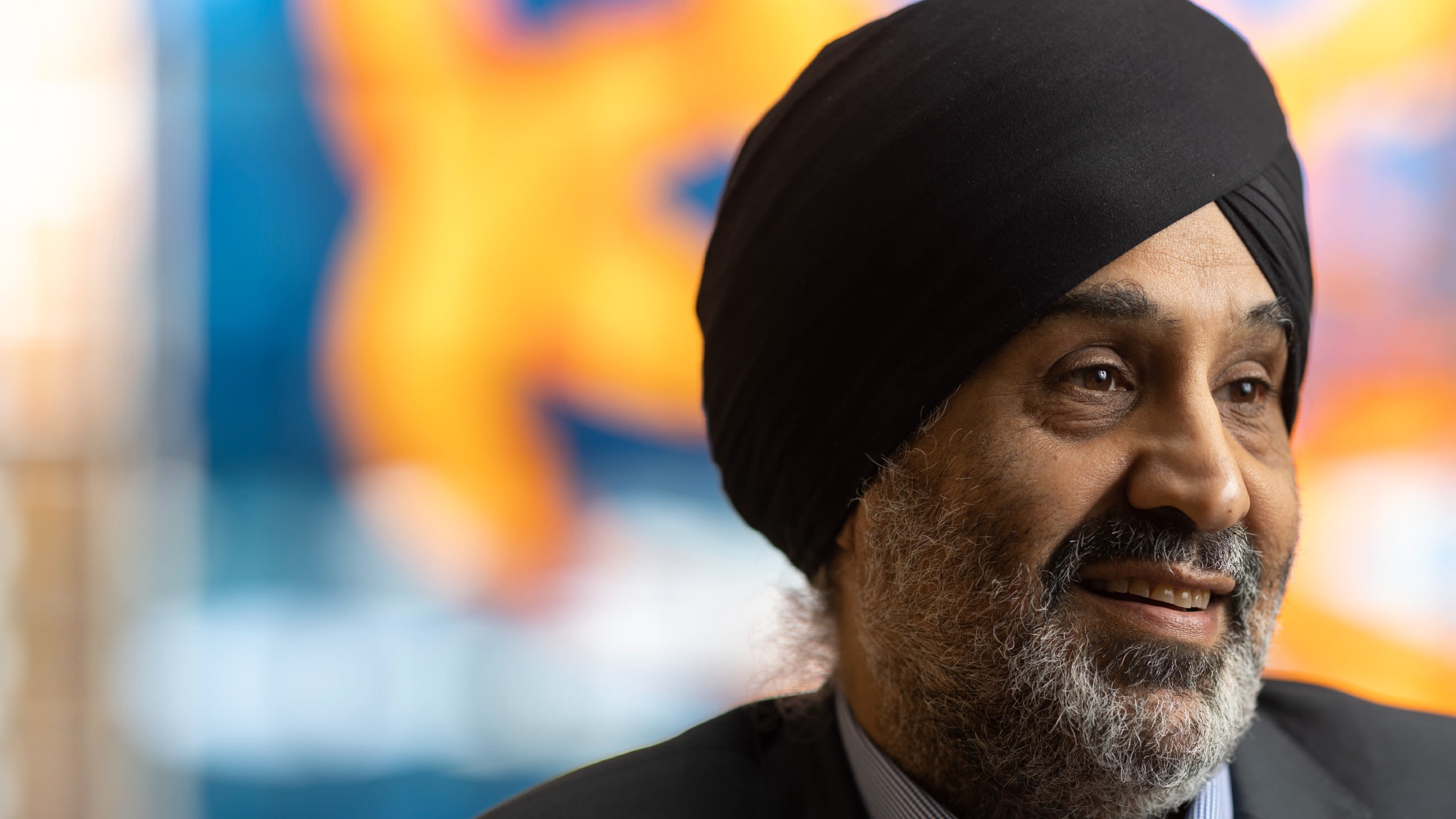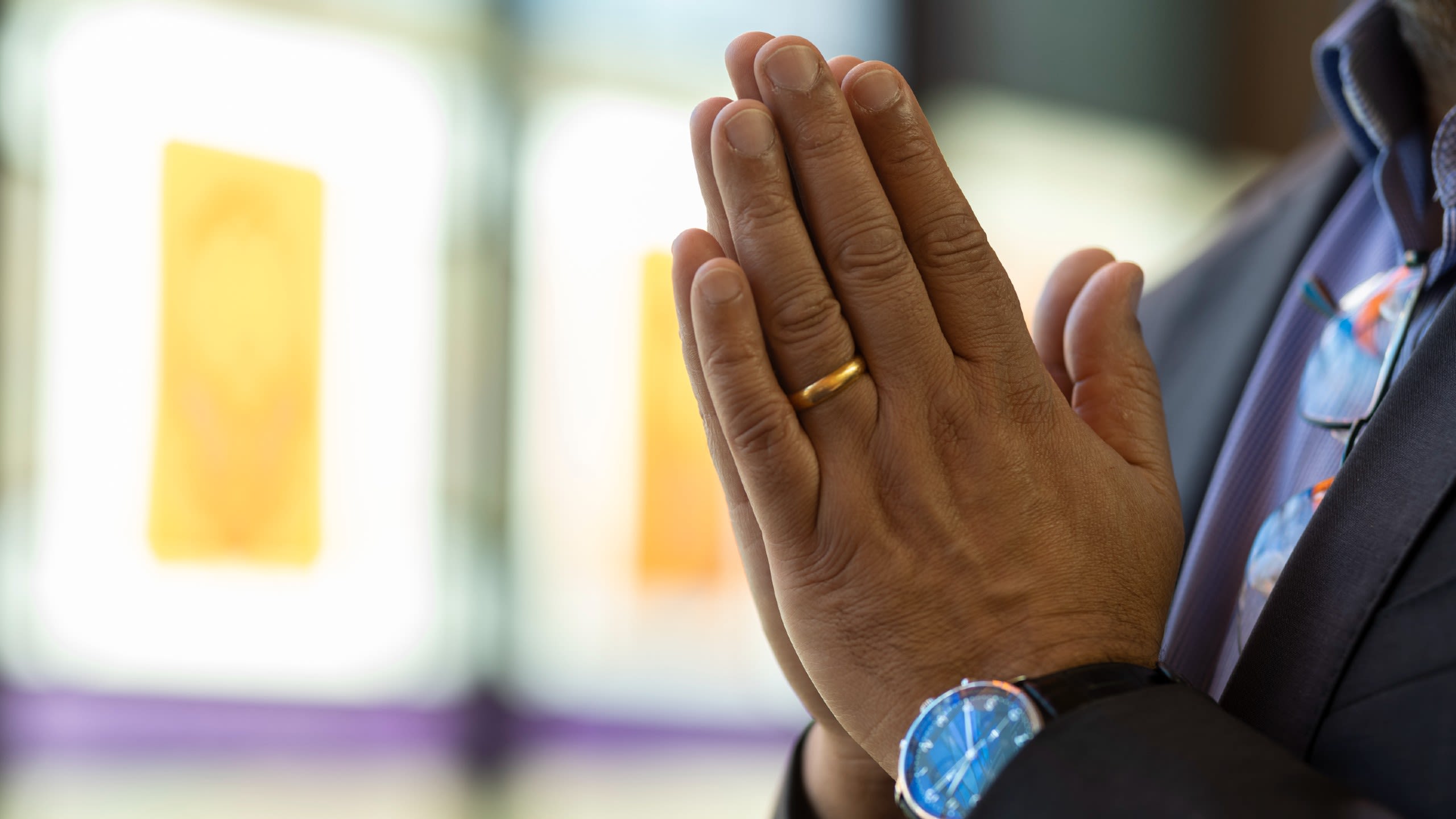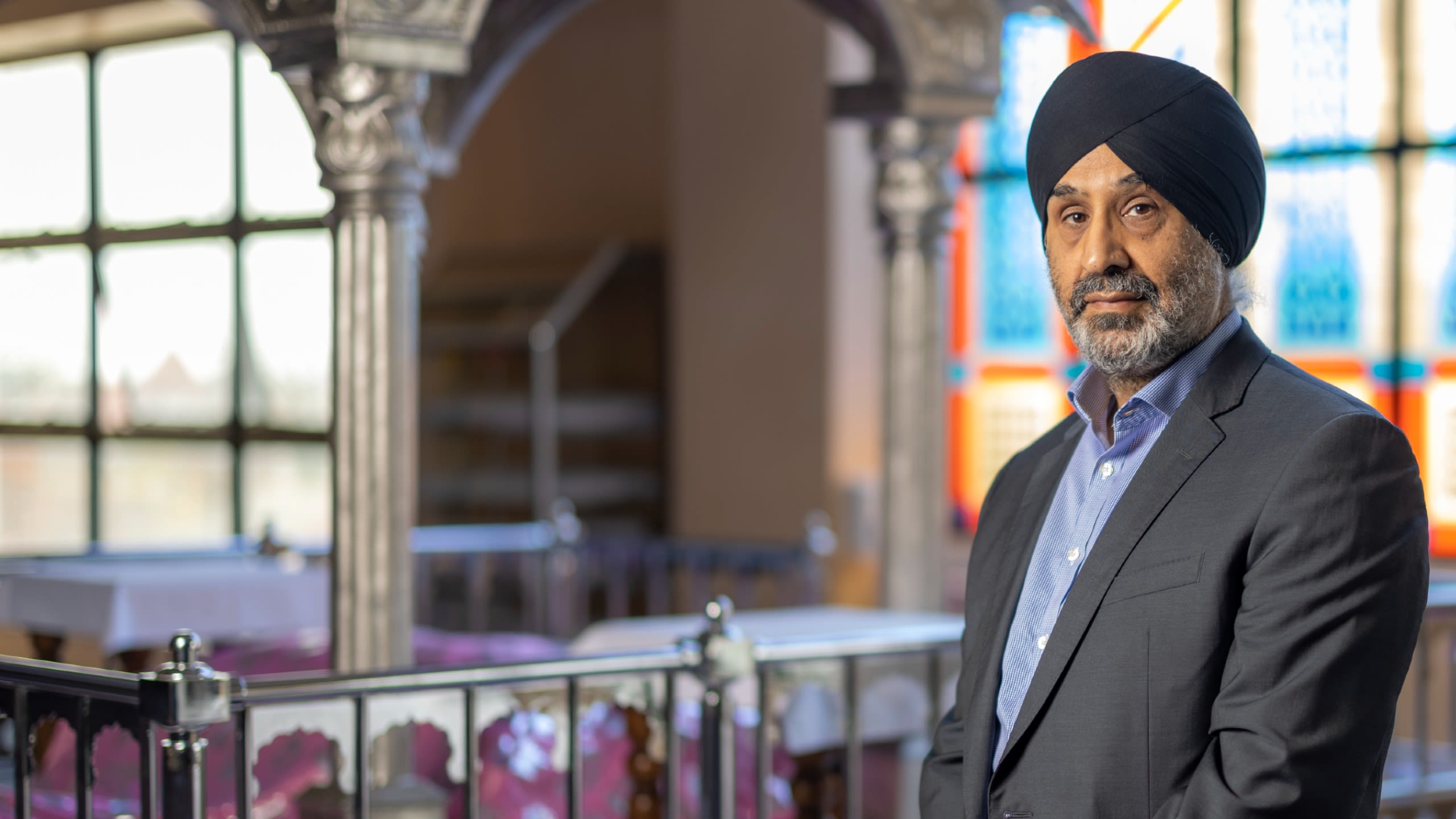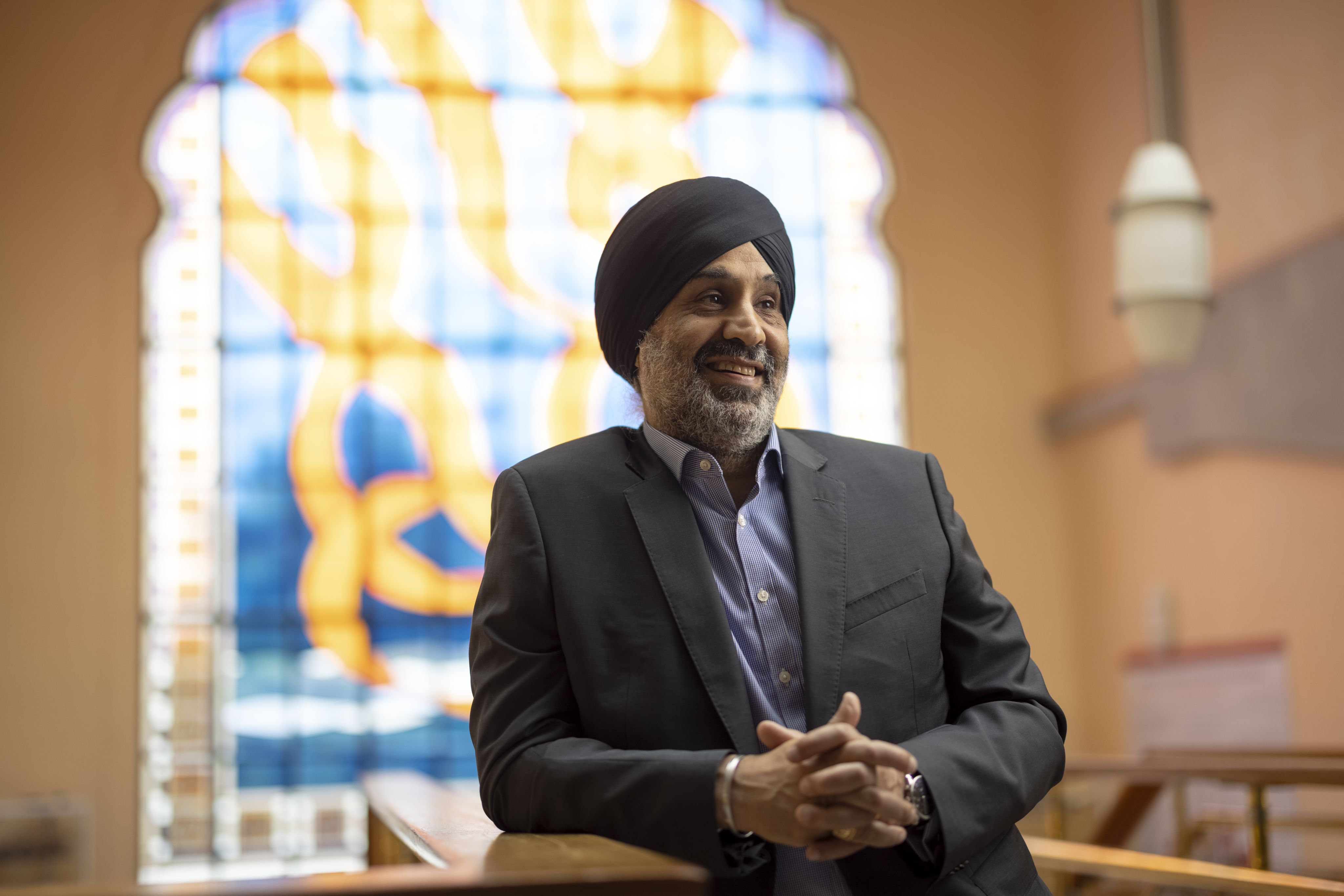
“My father always taught us to stand up for ourselves, but never to start the fight”
Harbhajan Singh Brar, Director of Human Resources
The best of both worlds
My parents moved to the UK in 1961 from Singapore. I was born and brought up in Southall, in west London, where there was a real sense of community. Southall is quite a melting pot where there are so many different cultures and religions living side by side. Growing up, I had the best of both worlds. I was brought up as a Sikh speaking Punjabi, going to the gurdwara. But on the flip side, there were a lot of ‘Western’ influences as well.
Though I had a fairly happy childhood, I didn't necessarily enjoy school due to my relationship with some of the teachers. There was always a particular stereotyped view about what Indian children should be studying. In those days, you were either going to work at Heathrow Airport, or you were going to become a doctor, lawyer, or an accountant. I wanted to study humanities, and do an A-Level in English but was quickly discouraged by the head of my sixth form, who said, "Asian boys don't do A-Level English." That's something that has always stuck in my head. So I chose not to go to the sixth form and instead went to a local college where I could be myself a little bit more.
My parents really instilled a lot of pride in me growing up as a Sikh
Standing up for ourselves
Southall was one of the few communities that worked hard to keep the National Front out. When I was growing up, the racist murder of Gurdip Chagga and the killing of Blair Peach during the Southall riots in 1979 had a huge impact on me. This led me to become quite politicised and influenced me to study politics and international relations at university. I then went on to do a postgraduate diploma in ethnic relations as I wanted to understand what more I could do to make things better for ethnic minority communities.
My parents really instilled a lot of pride in me growing up as a Sikh. In Singapore, my father was a policeman and the unit he worked in was made up exclusively of turban-wearing Sikhs. But there were times when I saw my father struggle to get a job in the UK, because he wore a dastar (turban). When a lot of his friends migrated to the UK, they decided to cut their hair to obtain employment as a solution. But my father felt that people should take him for what he is. He decided from day one that he was not going to pander to people and change his appearance to fit in, as he was never going to be able to change his skin colour. My father always taught us to stand up for ourselves, stand up for what is right, but never to start the fight.



Giving back
Culture is often seen as static, but in fact it’s always evolving. As a first-generation Sikh born in the UK, my culture will be different to what my parents knew. I think it's very easy for people to stereotype and pigeon-hole others. People often make assumptions because I wear a turban. There are times people slow down to speak to me, even in 2022, as they assume I must be a recent migrant.
You don’t have to be a baptised Sikh to wear a turban. I wear it because it's part of my identity, part of my religion and part of my history and culture.
Through my upbringing and my culture, I was taught the value of things like seva, which is the concept of ‘selfless service’. As a child, I grew up going to the gurdwara regularly. On Sundays we would make the dough to cook chapatis for langar, the community kitchen at the gurdwara, mixing over 40 25kg bags. Three or four of my friends would meet at the gurdwara and it'd be fun.
To me, giving back is important, whether it’s through mentoring, volunteering or other means. Throughout the pandemic, we were running a homeless food service on Trafalgar Square. I really hope that I've passed these values onto my daughter as well.
My parents really instilled a lot of pride in me growing up as a Sikh. In Singapore, my father was a policeman and the unit he worked in was made up exclusively of turban-wearing Sikhs.
You don’t have to be a baptised Sikh to wear a turban. I wear it because it's part of my identity, part of my religion and part of my history and culture.
Turning around organisations

I've been in HR for most of my working life. It all began when I did a placement at the London Borough of Ealing. I then went on to do a number of roles where a significant organisational and cultural shift was needed. I worked at Lewisham College, which was a failing college at the time. I also worked as an HR Director for a number of hospitals such as Kingston Hospital, Barnet and Chase Farm Hospital and St George’s Hospital, of which the last two were under special measures. I worked at the Department of Health, which at the time had one of the worst capability reviews. For me, I enjoy the challenge of turning around ‘failing’ organisations, which I guess has been a pattern throughout my career.
To me, building a more inclusive and diverse community at Imperial is about dialogue and communication.
I joined Imperial in June 2020. I'm responsible for setting the people strategy and I have input in all aspects of people management. For me, effective people management is key, and the value of it needs to be better understood. I'm not simply here to sort out other people's problems. That's why we're producing a strategy that's thinking about talent management, looking at culture, leadership and resilience in terms of wellbeing.
To me, building a more inclusive and diverse community at Imperial is about dialogue and communication. So I'm constantly going around saying, "If you want me to come to one of your senior team meetings or want me to come to X or Y, I’m more than happy to." It’s about engaging better with the whole community. I think our leaders are not sufficiently visible at the College. It might not come naturally, but getting leaders to set the direction and lead by example is how we can make our community all the more welcoming.

This interview was edited by Nikita Rathod, and photographed by Jason Alden. The video interview was filmed and edited by Tom Walker and Martin Sayers.